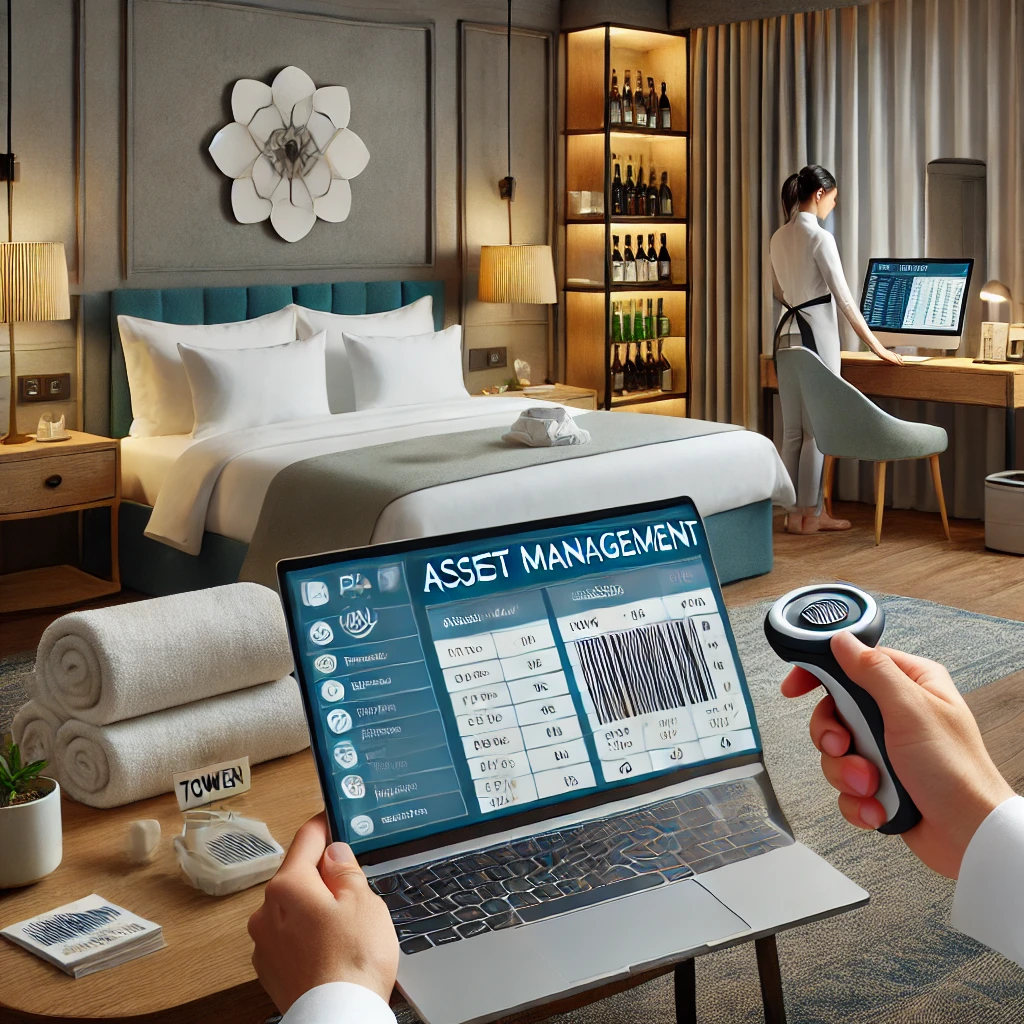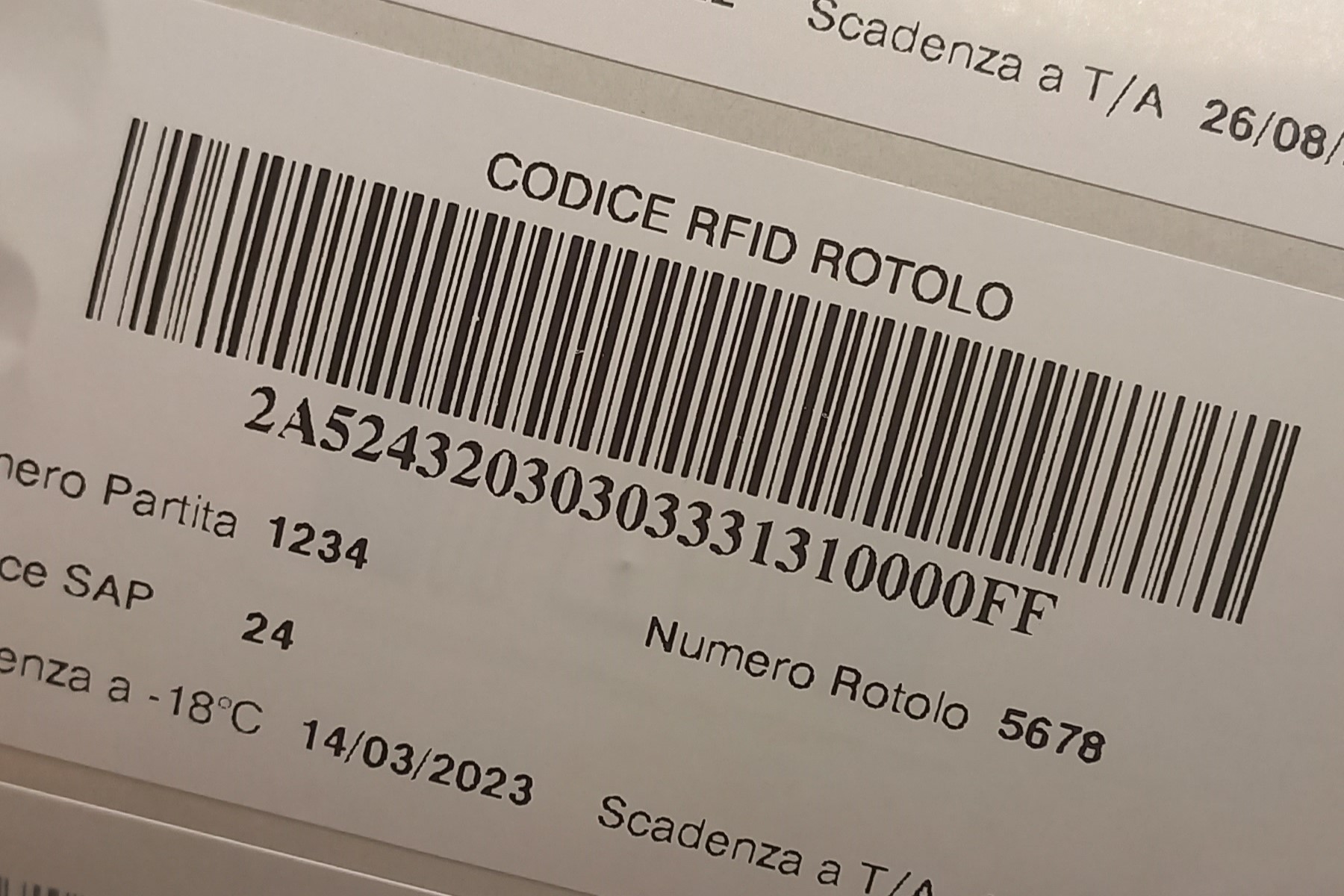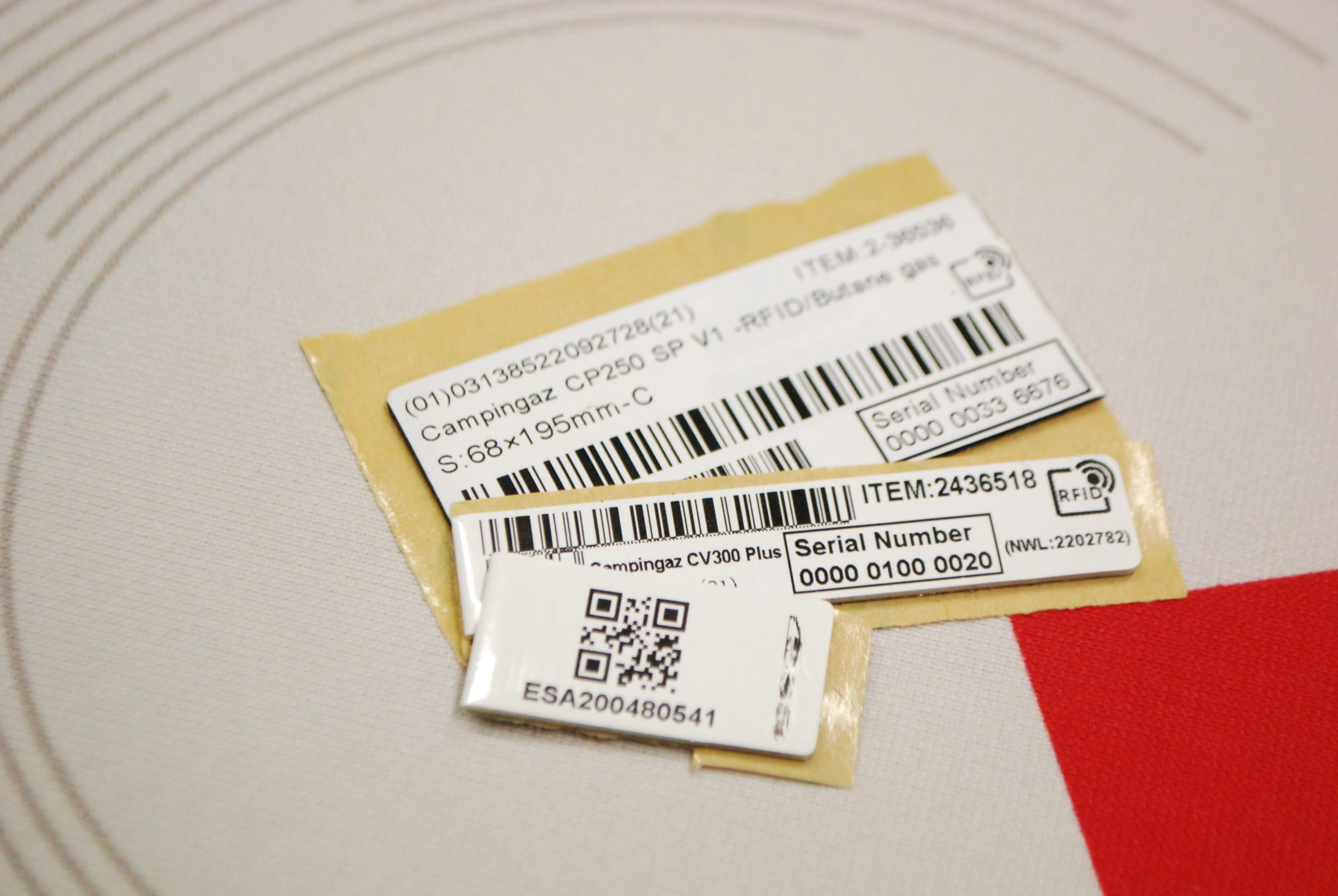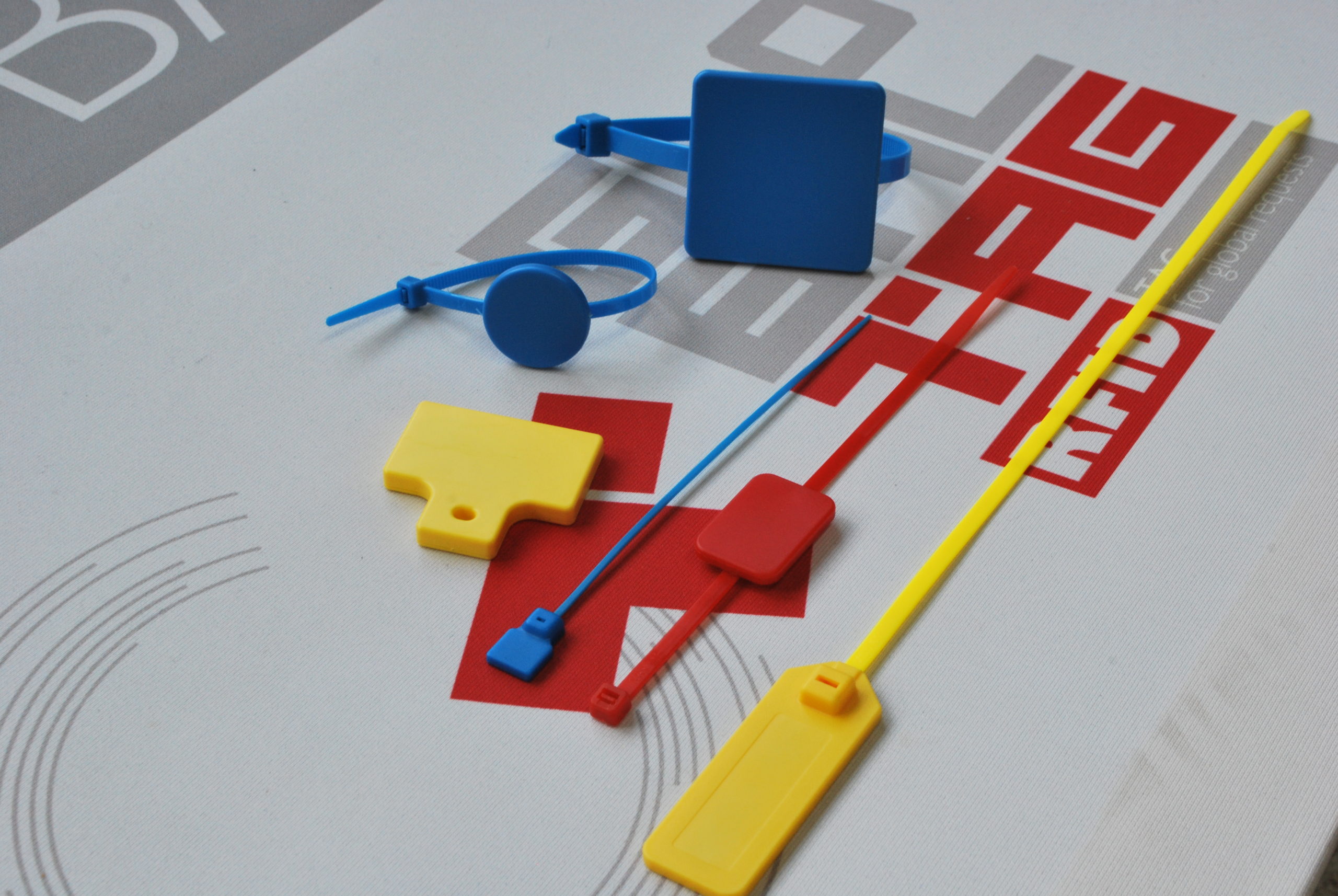RFID TECHNOLOGY:
The Key to Optimizing Asset Management in Hospitality Facilities
RFID technology is transforming asset management in hospitality facilities, enhancing operational efficiency and reducing costs. With RFID tags, hotels, resorts, and parks can track assets and equipment in real time, prevent losses and theft, optimize inventory, and speed up stocktaking processes. The technology also enables preventive maintenance planning, extending asset lifespan and improving guest experience. With various RFID solutions for different types of items, hospitality facilities can achieve smarter, safer, and more efficient management.
In the hospitality sector, efficient asset management is essential to ensure high-quality service and optimize operating costs. The use of RFID (Radio Frequency Identification) technology allows hospitality facilities to track and monitor objects and equipment in real time, reducing the risk of losses and improving operational efficiency.
Thanks to RFID tags, each object is uniquely identified and can be automatically monitored through a centralized control system. This approach helps prevent losses or theft, restrict unauthorized access to specific areas, optimize internal organization, improve inventory management, and speed up stocktaking processes, minimizing errors and reducing the time staff spend on inspections.
To prevent assets from being lost or stolen—causing unexpected additional costs—various items within the facility (such as linens, uniforms, kitchen equipment, electronic devices, chairs, sofas, armchairs, etc.) can be tagged with an RFID transponder, enabling continuous tracking.
RFID technology also proves particularly useful in maintenance management. With automated data collection, preventive interventions can be scheduled more effectively, avoiding unexpected breakdowns and extending asset lifespan. For example, kitchen utensils, electronic devices, or cleaning equipment can be monitored to ensure maintenance operations are carried out promptly, improving operational efficiency and reducing repair costs.


Hospitality facilities can choose from various types of RFID tags depending on their specific needs and the materials they need to be applied to. UHF (Ultra High Frequency) RFID labels are particularly suitable for large-scale monitoring, such as tracking linens, uniforms, and commonly used items, as they allow for remote reading and simplify inventory management.
For example, in linen and uniform management, these tags enable tracking of item distribution and retrieval, reducing waste and losses. Additionally, staff can quickly conduct inventory checks without manually scanning each item, saving valuable time.
However, metallic assets, such as kitchen equipment and cleaning carts, can interfere with standard RFID signals. In these cases, specially designed UHF RFID tags are used to ensure accurate reading even on metal surfaces.


For objects with irregular shapes or those difficult to tag—such as key sets, luggage, trash bins, or maintenance tools—RFID strap tags offer a practical and effective solution. These devices can be securely attached to items, ensuring long-lasting and reliable identification over time.
VIEW THE PRODUCTS PAGE
The adoption of RFID technology represents a breakthrough for the hospitality sector, enabling facilities to improve resource management, optimize operational processes, and provide a more efficient and secure service to their guests. With proper implementation, hotels, resorts, and other establishments can fully leverage this innovation, making asset management smarter and more effective.
DO YOU WANT TO KNOW MORE?
